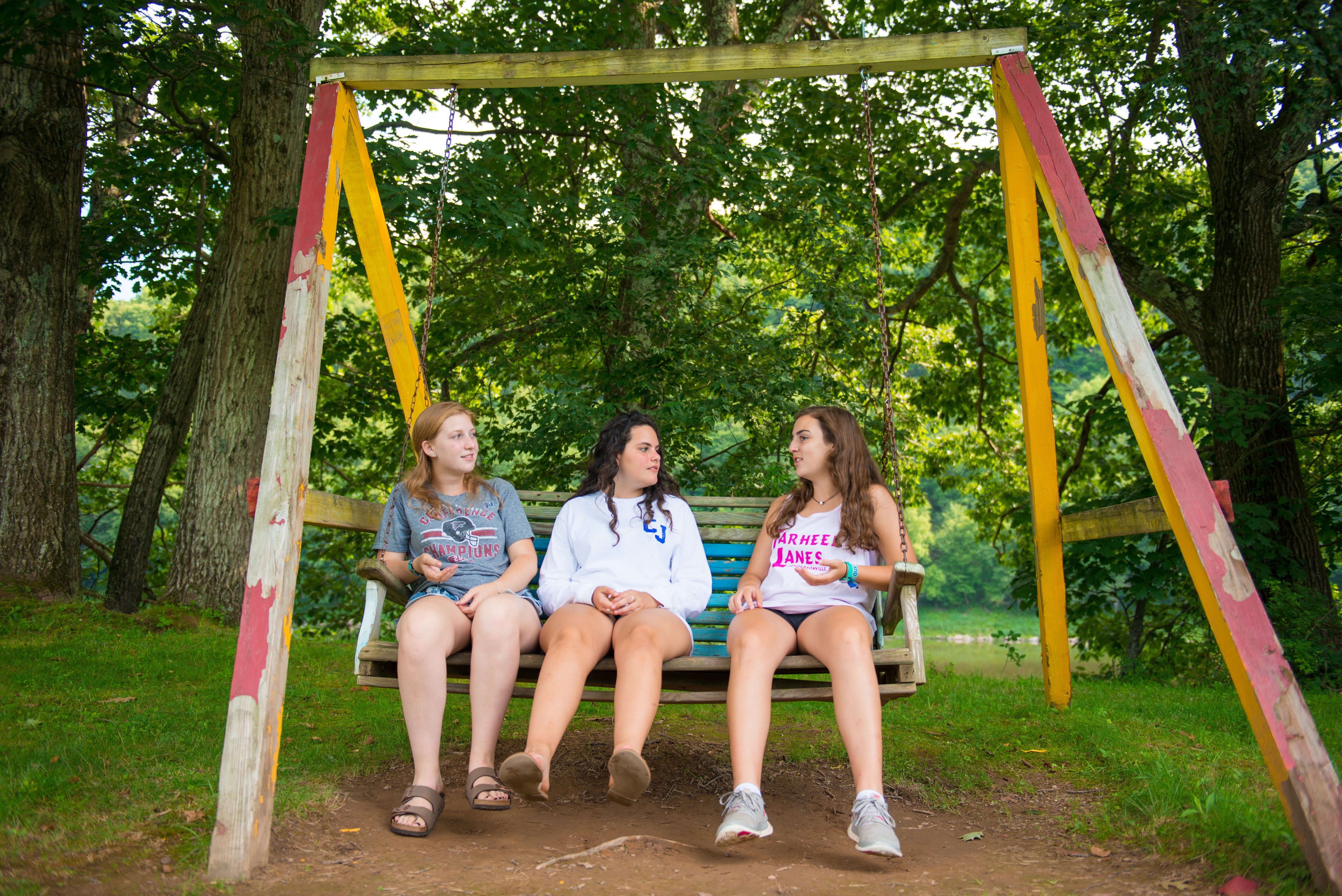Why Teens Need to Learn How to Express Their Opinions
It’s comfortable to surround ourselves with what’s familiar. When everything we hear from our Twitter feed to our dinner table aligns with the way we already see the world, it makes us feels good—like eating ice cream out of the carton at midnight.
Fortunately, we’re old enough to know that what soothes us isn’t always what’s good for us. Our teens, however, may not be. Between their classmates and teammates, friends and  family, YouTubers and other celebs they follow, many teens live in an echo chamber that deafens them to the true diversity of ideas in the world.
family, YouTubers and other celebs they follow, many teens live in an echo chamber that deafens them to the true diversity of ideas in the world.
When they were toddlers, we exposed them to different foods to expand their palette. Now we need to expose them to different ways of thinking to expand their minds. Lest they get out into the world and not know how diverse the discourse really is or how to handle such differences, we should prepare them for it now.
Accepting challenges by learning to listen
If your teenager has a sibling, getting challenged may not be new, but thoughtful, measured responses might be. Whether it comes from a college professor, employer, or spouse, one day your child will face a difference of opinion that he or she will truly need to hear, wrestle with, and respond to—without slamming a real or virtual door.
Gil Preuss, CEO of the Jewish Federation of Greater Washington (and my first friend in Young Judaea), recently wrote, “We have to start from a position where the goal of the conversation isn’t to convince, but rather to listen and understand.”
It’s not easy. So give teens opportunities to practice it in an environment designed just for that purpose. A summer activism program can key into their interests and push them to consider viewpoints other than their own, while they build relationships and have fun.
Trying on different selves
Dressing up in costumes is a childhood right of passage. From curiosity about how they look to explorations of concepts like femininity or power, kids learn a lot from trying things on. Walking around in someone else’s shoes, cape, or tiara even helps build young kids’ sense of empathy. Teens reap similar benefits by trying on different ideas and personalities. Unfortunately, sometimes they don’t feel comfortable being anyone other than who they’ve always been in front of close friends and family. Drop them in a new environment with lots of other teens, new people to get to know, and it’s easier for them to test drive a new idea or persona they’ve been thinking about.
Arguing for the better
“The Talmud is full of argument and dissent,” said Rabbi Michael Paley of Columbia University, “and yet it’s considered a holy book.” Paley reminds us that debate is in an important part of our intellectual tradition as Jews, and that debating ideas is a good thing because it helps us arrive at something better. Pruess adds, “The goal isn’t to win an argument by shutting someone up; the goal is to learn by not shutting someone out.”
What’s crucial is providing our teens with an opportunity to learn these lessons. Provide a caring community where they can express their ideas and defend them. In a summer program like Tel Yehudah, teenagers learn not just the value of discussion and debate and its connection to our history, but they can be challenged together and then dance together afterwards, reinforcing how the bonds of community make it a safe place to have those arguments in the first place.
 Young Judaea
Young Judaea





